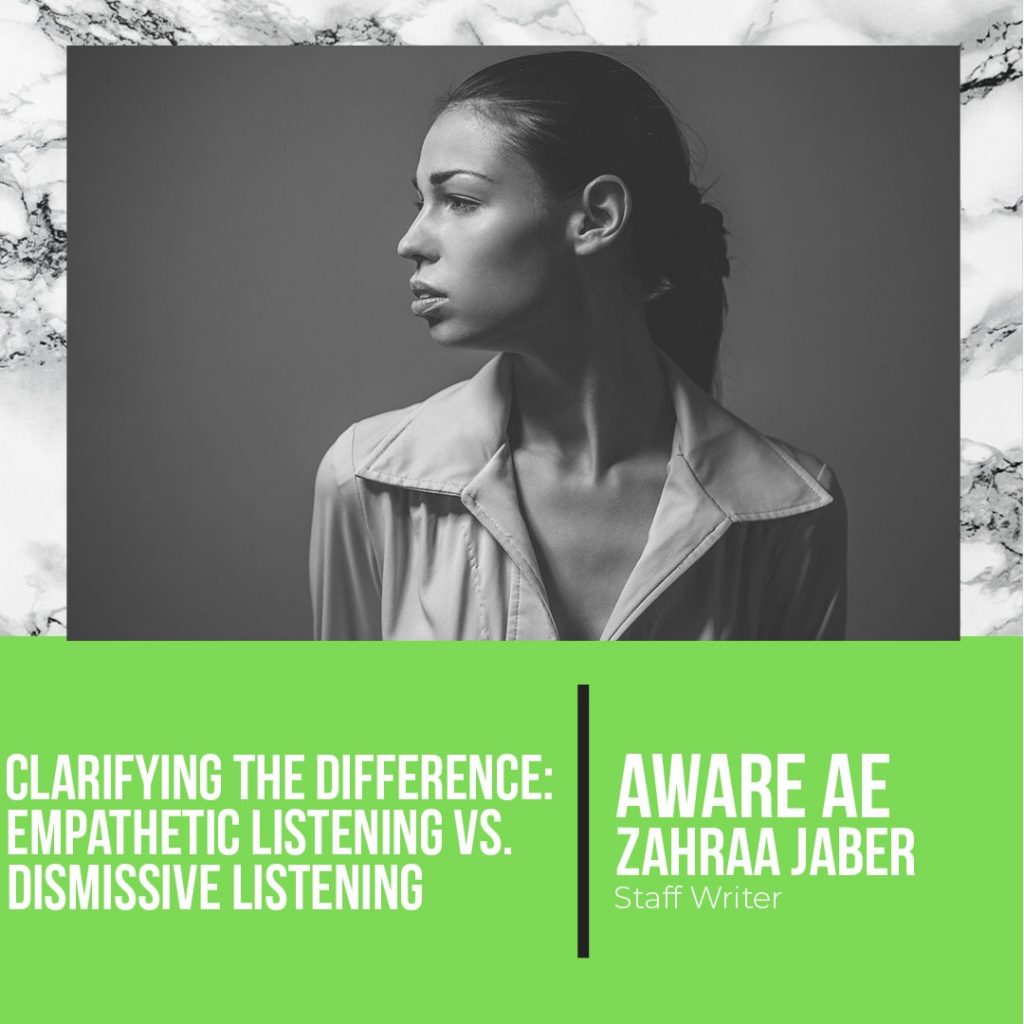We live in a fast-paced world in which a countless amount of relatively meaningless conversations is exchanged on a daily basis. We say a lot when we text, tweet, or call, but how many of us say the things that we genuinely feel? How often do you feel like you are truly being listened to and understood? The art of communication is dying.
The Importance of Listening
When it comes to the subject of mental health, listening is helping. Mental health disorders such as depression, anxiety, and addictions thrive on loneliness. Intimacy and closeness are extremely vital for those who struggle with such disorders and the lack of it can greatly worsen mental health concerns. Learning to truly listen to what a person is saying can play an immense part in helping you identify signs of mental health disorders. It also greatly influences how a person feels and how they view the idea of opening up. For example, if you notice a loved one is constantly worrying and responding excessively to daily stressors, it could hint at possible anxiety issues. Because of the stigma surrounding mental health, it is difficult for sufferers to open up and talk about their struggles due to the fear of being judged. Therefore, it is understandable just how much listening significantly affects mental health. Lastly, when you ask somebody how they are, make sure that you are actually interested in knowing the answer because, for a person pouring their heart out to you, it feels unpleasant to not receive the appropriate amount of interest they need in return.
What is Empathetic Listening?
Empathetic listening is a way of listening and responding to a person in which there is mutual understanding and trust. It is seeking to understand before being understood. Its basic principle is to connect on an emotional and cognitive level with the person you are talking to. To do so, repeat back what the person said in your own way to reassure them that you understand and just ask the person how they feel about the situation you are discussing. You also must understand the difference between empathy and sympathy when talking to a loved one. Empathy is “feeling as someone”, whereas sympathy is “feeling for someone”. People want you to understand them, not feel sorry for them. You can enhance your empathetic listening by being more attentive and interested. Create a positive atmosphere through nonverbal behavior such as eye contact and head nodding. Do not give the person advice, but rather just listen and allow your loved one to let everything out.
What is Dismissive Listening?
Dismissive listening is the exact opposite of empathetic listening. Instead of making the person feel understood like empathetic listening does, it just tells the person that you want to fix them or their problem. Dismissive listeners tend to hold back a relationship when they rely on inefficient listening skills. As a result, those struggling will shy away from opening up about their struggles. Sometimes, without even realizing it, you may be a dismissive listener. If someone comes to you when they are upset about a specific thing and you counter by telling them something along the lines of, “nothing is wrong, don’t be upset,” you are telling them not to express and experience their feelings appropriately, which is dismissive and reductive. Instead, say something like, “I am listening, and that sounds hard,” which will reconfirm to them that you are a safe person to have this conversation with. Saying things such as “I totally get it” and then drifting off to a story of your own experience invalidates a person’s experience and centers your experience over theirs. While your intentions may be pure and just coming from a point of view of showing them that you understand what they are going through, try saying things such as “it sounds like you are saying…” to reassure them that you are listening and understanding. We all live our own individual lives, so it is paramount to understand that every experience and every emotion felt is unique to the person himself/herself.
Being heard is an inherent human desire. We all want to be listened to and understood. In a world filled with empty “how are you?” questions and pointless conversations, we must do a better job at understanding one another.

Great Topic to discuss especially for the parents of teenagers who need their parents to listen to them carefully . Best of luckkk dear !